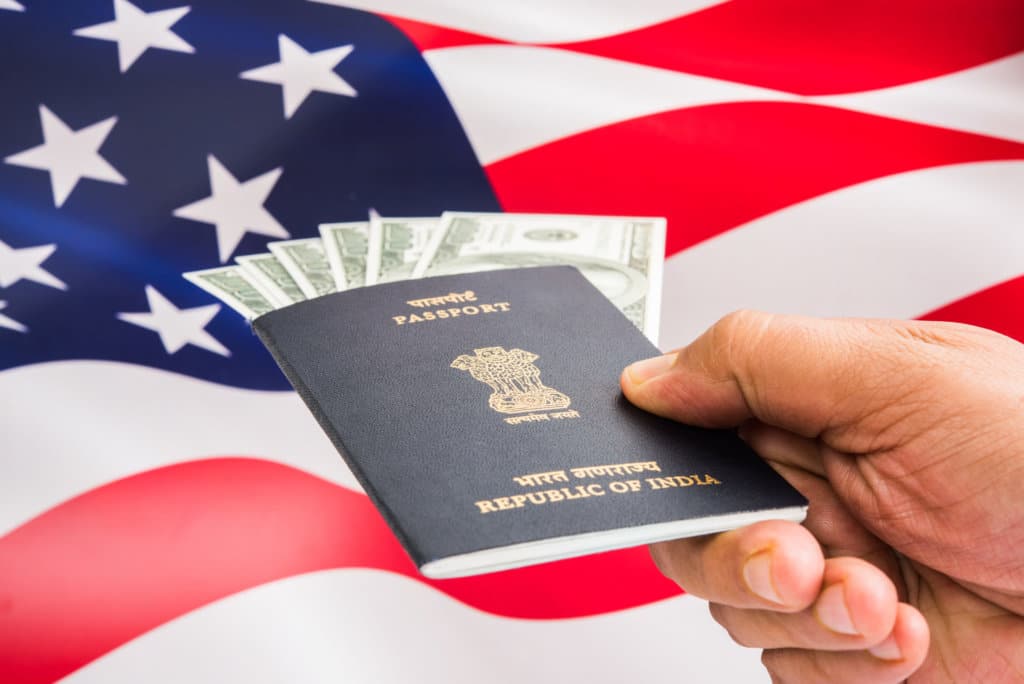The process to seek H-1B visa is going to get more difficult after the U.S. Citizenship & Immigration Services (USCIS) said on Feb. 22 that detailed documentation would be necessary to show that those given the visa for highly skilled people have specific assignments in a specialty occupation. They would also have to establish that the assignments will be for the entire period that they hold the visa for.
Indian companies like Tata Consultancy Services, Infosys and others will be hit hard by this new policy by the United States government since they are the largest users of the H-1B visa. The new policy is also going to create problems for those seeking the green card path after getting an H-1B visa.
The current norm is that the H-1B visa is given for three years, and it is further extended for three years. With the new policy, if a company is not able to demonstrate that there is work for three years then the visa will be given for a shorter period.
The process would require subjectivity from the immigration officer since it would be complicated for them to associate qualifications to tasks, IT association Nasscom’s president R Chandrasekhar told the Times of India.
“The implication of this is there will be a lot more paperwork. A series of executive orders have been coming out. Each one by itself may not be much, but they have cumulatively added up to making it much more difficult and onerous for companies to use the H-1B route,” he said.
The United States government has been clamping not only on illegal immigration but also on legal immigration by proposing withdrawal of work authorization of H4 visa holders, who are spouses of H1-B visa holders, and making changes to the H-1B visa process as well. Around 1 million H-1B visa holders are currently in wait for a green card and it can take 60-70 years to get one.
The move reinforces a policy that H-1B dependent employees were already aware of, Cyrus D Mehta, managing attorney and founder of New York-based law firm Cyrus D Mehta & Associates, told the TOI. However, more details in the work orders or in letters from the end client regarding the beneficiaries work assignment would be required, he added.
“While all these issues in the new USCIS policy are already asked for in challenges to the H-1B petition known as Requests for Evidence, it provides more incentive for USCIS to ask for more evidence regarding the specific nature of the H-1B workers’ work,” he said.
Companies like Infosys, Tech Mahindra have already announced that they would be hiring more locals in the United States in line with U.S. President Donald Trump’s “Hire American” motto.
There has been a 50 per cent dip in visa applications by Indian firms in the last two years, according to Nasscom vice-chairman Rishad Premji.
